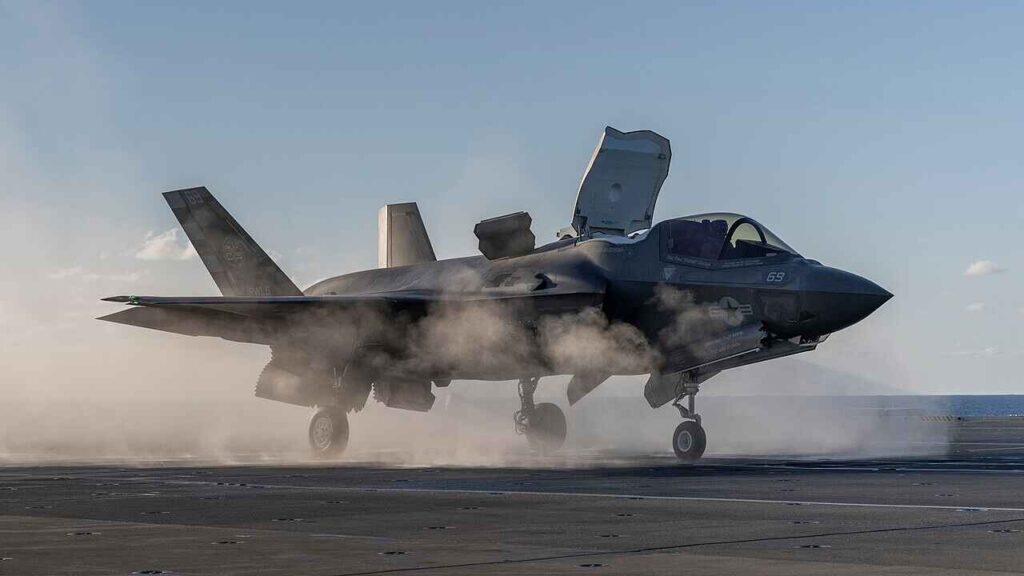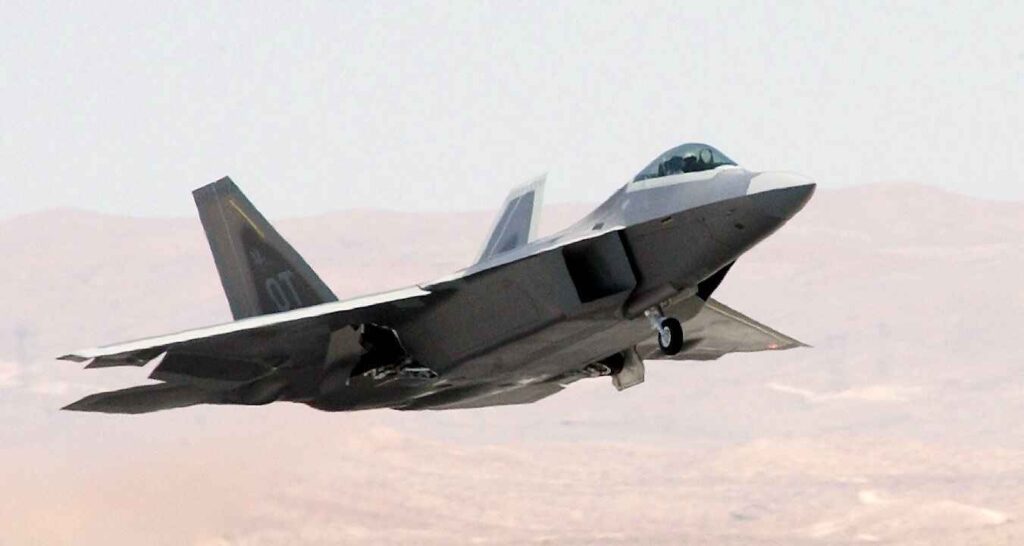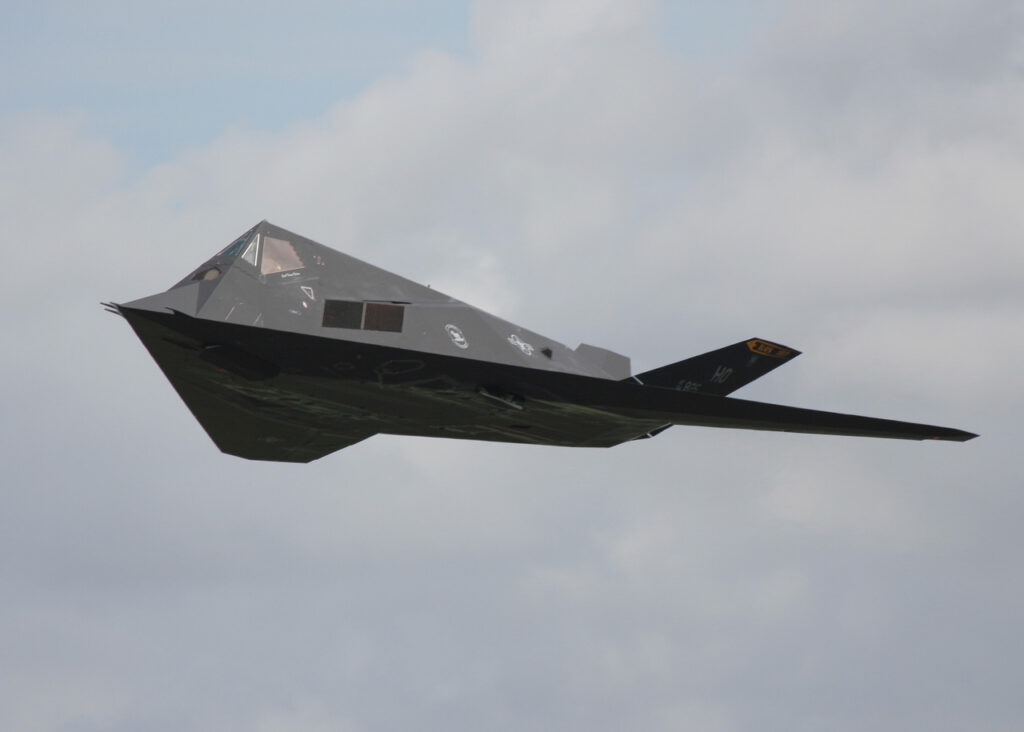
Stealth Sixth-Generation Fighters Will Rule the Twenty-First Century
Here’s What You Need to Remember: The KAI KF-X superficially appears similar to the F-35 stealth fighter, though its capabilities are likely much less stealthy. It too has a canted tail and a nose chine, although the overall airframe appears to be more compact than the F-35. It is intended to be stealthier than the Eurofighter Typhoon and Dassault Rafale, and have more capabilities than the F-16 with greater range and service life.
The F-22 Raptor and F-35 Lighting II have stolen the spotlight in the world of aviation. So here are three stealth fighters under development that you may have never heard of.
Generic Future Fighter
Engineers at Saab are already beginning work on Sweden’s newest fighter, which will be designed from the get-go as a stealth fighter.
Working with Linköping University in Sweden, Saab created a sub-scale model of what they envision as their Generic Future Fighter. Though the demonstrator airframe was only a 13 percent scale model, it reportedly is able to fly and gave researchers some insights into stealth fighter development.
In keeping with Saab’s delta wing heritage, the Generic Future Fighter model has a modified delta wing and smaller canards just below and rear of the cockpit. It has an F-22 style bubble canopy with a chine running the length of the nose. Also, like the F-22 Raptor, the Generic Future Fighter uses a canted tail design.
The small size of the demonstrator served to quickly and cheaply gather real-world flight data. The demonstrator reportedly performed as expected.
KAI KF-X
The KAI KF-X is a joint South Korean-Indonesian stealth fighter project. The project was conceptualized as far back as 2001, but was initially dismissed as too technologically challenging for South Korea’s domestic aircraft manufacturing sector, and too expensive.
The project was reassessed in 2010 and a joint partnership was Indonesia was created to help offset some of the research and development costs. Indonesia holds a 20 percent stake in the project and has committed to buying approximately 50 of the airframes once they enter production.
The KAI KF-X superficially appears similar to the F-35 stealth fighter, though its capabilities are likely much less stealthy. It too has a canted tail and a nose chine, although the overall airframe appears to be more compact than the F-35. It is intended to be stealthier than the Eurofighter Typhoon and Dassault Rafale, and have more capabilities than the F-16 with greater range and service life.
Project AZM
In tandem with China, Pakistan is reportedly developing a 5th generation stealth fighter. Like Pakistan’s previous venture with China, the JF-17, the AZM will likely be largely dependent on Chinese technology and assistance, though the final airframes may be assembled in Pakistan.
China’s FC-31 stealth fighter may be a starting place for the Project AZM idea. It is lightweight, compact, and presumably on the cheaper (and less capable) side when compared to China’s Chengdu J-20.
A home-grown stealth fighter would be a prestige win for Pakistan, though the likely focus on cost-reduction raises questions about the airframe’s final capabilities. Still, developing a stealth fighter would be an impressive feat for a country with a defense budget under $8 billion.
Proliferating Capabilities
The proliferation of stealth technologies is the next frontier of weapon control regimes and may well rule the twenty-first-century.
Caleb Larson holds a Master of Public Policy degree from the Willy Brandt School of Public Policy. He lives in Berlin and writes on U.S. and Russian foreign and defense policy, German politics, and culture.
This article first appeared earlier this year and is reprinted due to reader interest.
Image: Wikimedia Commons


